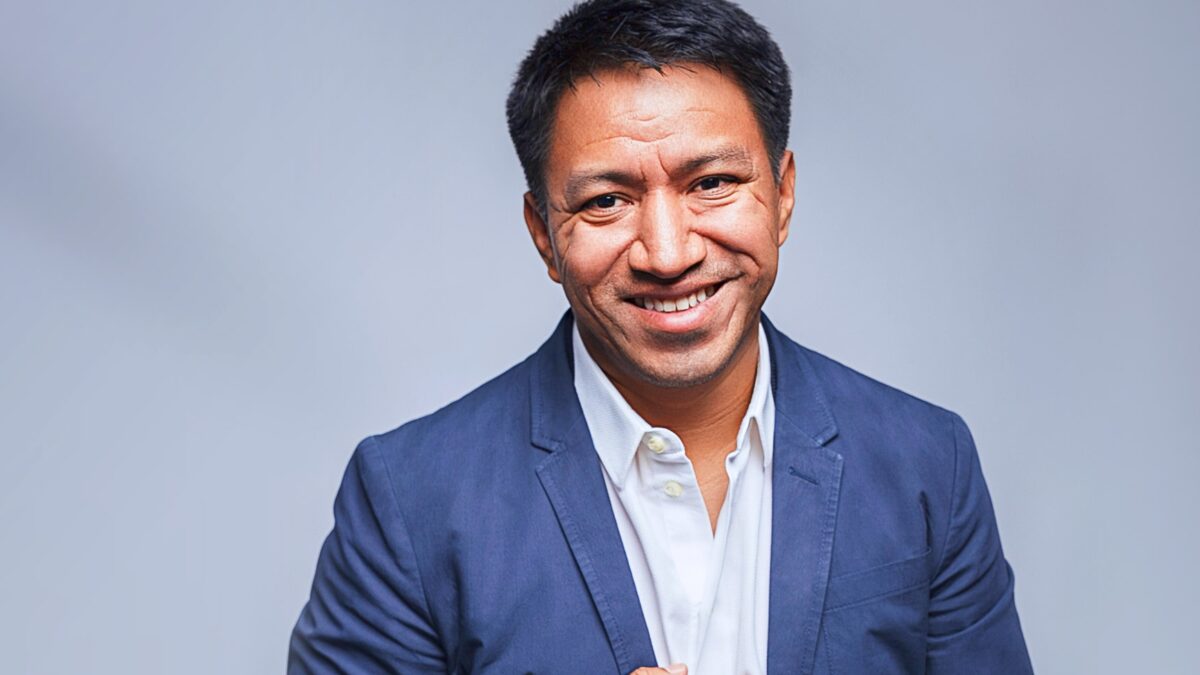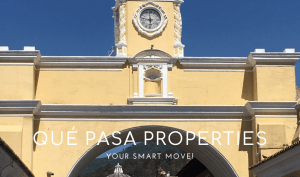Meet Marcos Antil. Author of Migrante
A los 14 años, Marcos Antil se convirtió en el último de su familia en migrar a California. Guatemalteco y maya Q’anjob’al, huyó de la guerra civil de Guatemala, indocumentado y sin compañía, tal como muchos otros se vieron obligados a hacerlo, en busca de seguridad y oportunidades.
Lo aprovechó al máximo, se graduó de la escuela secundaria y la universidad y pasó de ser un jardinero de fin de semana a convertirse en un emprendedor en la industria tecnológica. Pudo regresar a su país de origen triunfante, como quien había obtenido el Sueño Americano, y con la intención de hacer realidad el Sueño Guatemalteco. Fundó (y luego vendió) la empresa de software XumaK en Guatemala con la esperanza de brindar oportunidades a las personas para que no tuvieran que pasar por lo que él hizo para alcanzar el éxito. Su energía parece ilimitada y tiene un magnetismo natural que llama la atención donde quiera que vaya.
Antil escribió y publicó por su cuenta su autobiografía, Migrante, que ha sido un éxito de ventas en Guatemala todos los años desde que llegó a las tiendas por primera vez en 2019. A principios de este año se publicó una traducción al inglés: Immigrant. El libro comienza en un escenario que resultará familiar a los lectores de Rigoberta Menchú; Yo, Rigoberta Menchú, aunque en Inmigrante abandona el campo mientras los miembros de la familia Antil escapan hacia El Norte. Menchú salió con una simpática propaganda para el libro: “La vida de Marcos Antil narrada en Inmigrante es un testimonio vivo y lleno de verdad que deja gotitas de humanidad en cada una de sus páginas. Despierta la conciencia humana y rompe el silencio sobre la crueldad que viven los más desposeídos del planeta, convirtiéndose en una historia que representa la memoria colectiva”. No podemos decirlo mejor que el premio Nobel de la Paz.
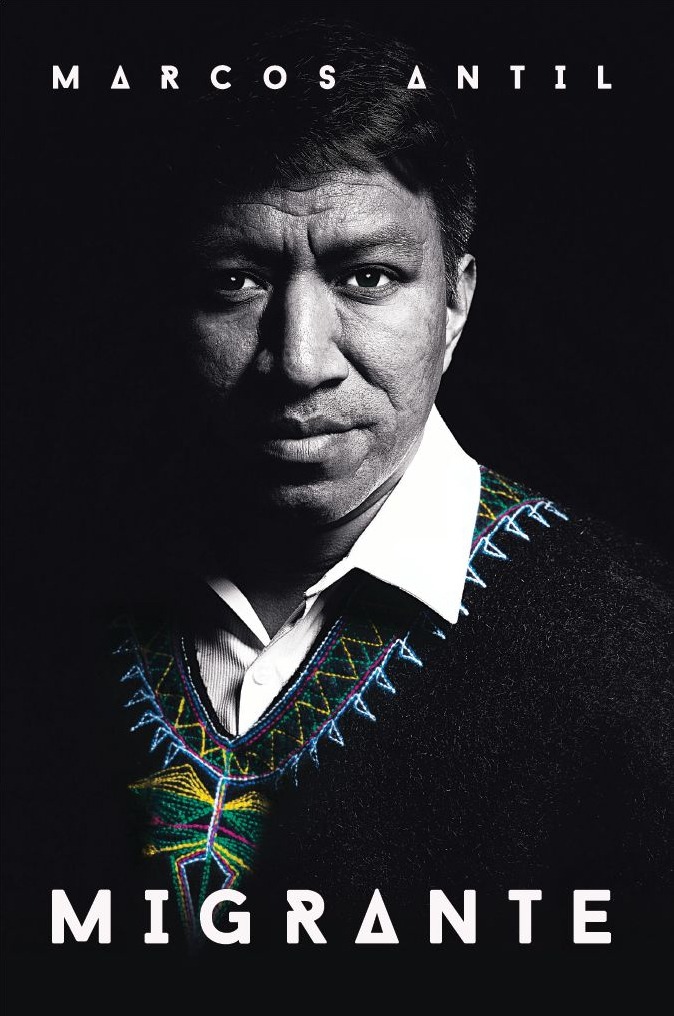
The Qué Pasa Interview With Marcos Antil
What was the most difficult thing about being an undocumented migrant?
As a kid, it wasn’t the undocumented status that was difficult. It was the culture shock. The drastic change in language was especially difficult for me, as I was a native Mayan speaker who was still learning Spanish, the official language in Guatemala.
How do you think the immigrant experience today is different from when you migrated from Guatemala to the US?
As a kid, I think the current challenges of forced migration as when I came 30-plus years ago are similar. Of course, the issues we face as adults may be very different. In my case, as a teenager, staying out of gangs was extremely difficult, especially in a low-income neighborhood. These challenges remain true for undocumented immigrant teens in low-income neighborhoods today.
If someone in Guatemala asks you about migrating to the US today, what do you advise them?
Forced migration is a complex issue with no easy answers. Every human being has the right to migrate, but forced migration can put people in danger. When someone has nothing left to lose and sees a glimmer of hope in migration, no one can stop them from going after that hope.
My answer is usually: Remember why you are leaving. And if you can help others avoid such sacrifice in the future, you should. Never forget where you came from, and who you are.
With the success of Migrante and your status as a bestselling author, do you plan to continue writing books? If so, what kinds of books?
Sharing the story of Guatemalans and Mayans, and proving that with dedication, hard work, and faith, anything is possible, no matter where you are or what challenges you face, has been a true blessing. My goal is to ensure that this story reaches a wider audience outside of Guatemala. Therefore, it is essential for me to continue promoting the English version of Migrante: Immigrant. I will stay focused on promoting this while writing short essays about hope, civic engagement, and talking about the immense human talent that exists in Guatemala.
Guatemala’s election is complete. How are you feeling about the process and the results of the election?
I am personally happy that Guatemalans were able to create an opportunity for change, even when it was very difficult. Corruption is deeply entrenched in the Guatemalan government, and it has found ways to maintain its privileges. But in the elections, Guatemalan citizens, through civic duty and their resounding voices, changed the course of Guatemala. As a Guatemalan who never loses hope, I hope that the incoming government will lay a solid foundation for future generations and that a new generation of ethical politicians will emerge.
Do you see yourself getting into politics?
I believe that we all have a role to play in our societies. At this point, my role is to create jobs and opportunities that can help others avoid forced migration. Through the platforms I have created, I want to continue inspiring and empowering people to build a better future for themselves and their communities.
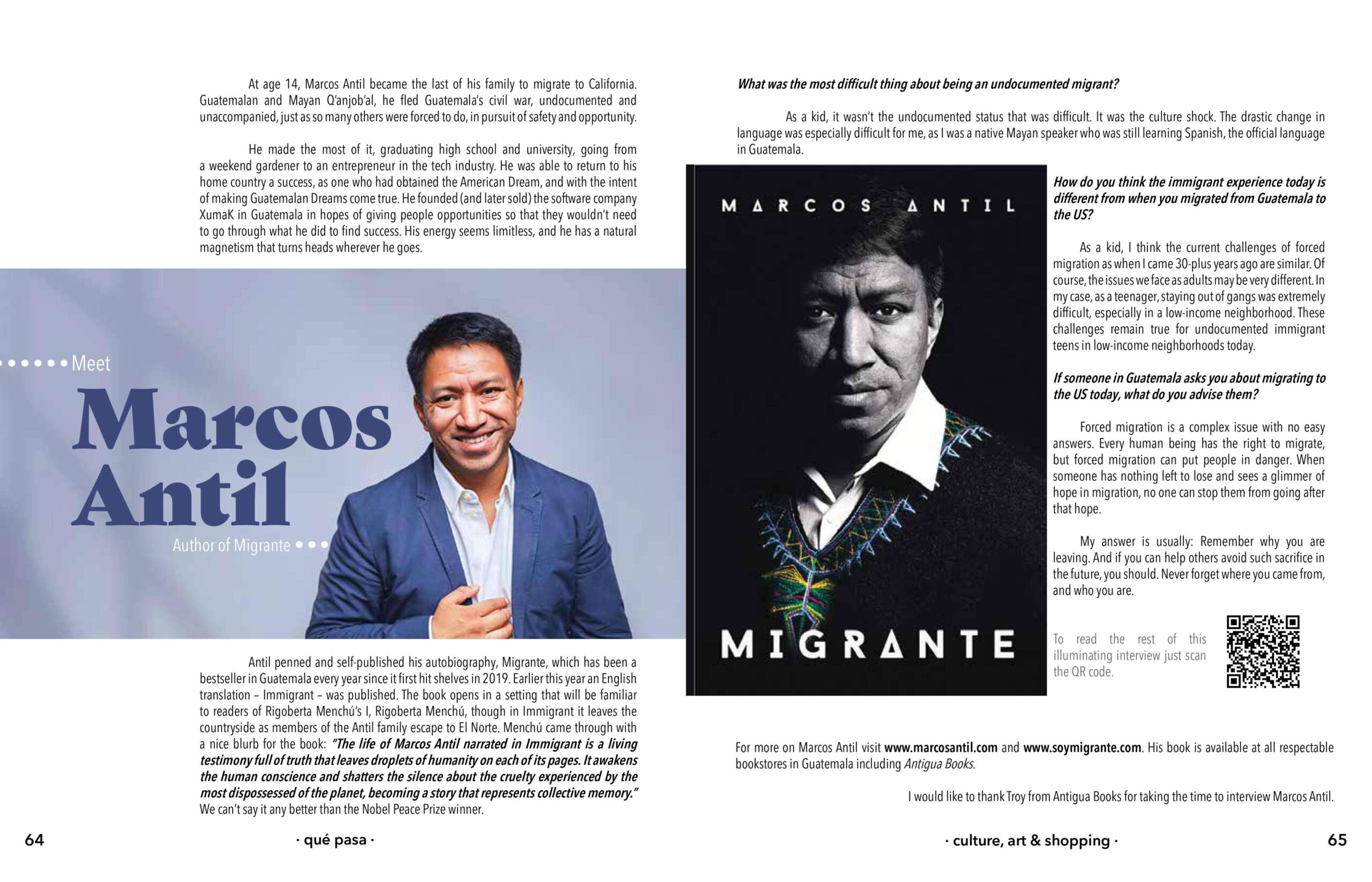
From Qué Pasa print edition 139 January 2024
What projects are you currently working on?
The latest project I am leading is SoyMigrante.com, a platform that aims to recognize the contributions of Guatemalan immigrants to the economy of Guatemala and to help improve the services they receive in the United States through the Guatemala consulate.
When will we see the Migrante film adaptation? Who would you like to star as you?
I dream of a movie based on my autobiography, Migrante, Immigrant, becoming a reality by 2026. There has been some interest, and I believe that the story of a Guatemalan, Mayan, and immigrant is worth being told on the big screen. As for who I would want to play me, I will leave that challenge to the directors. It will be exciting to see who they choose.
I would like to thank Troy from Antigua Books for taking the time to interview Marcos Antil.
For more on Marcos Antil visit www.marcosantil.com and www.soymigrante.com. His book is available at all respectable bookstores in Guatemala including Antigua Books.
